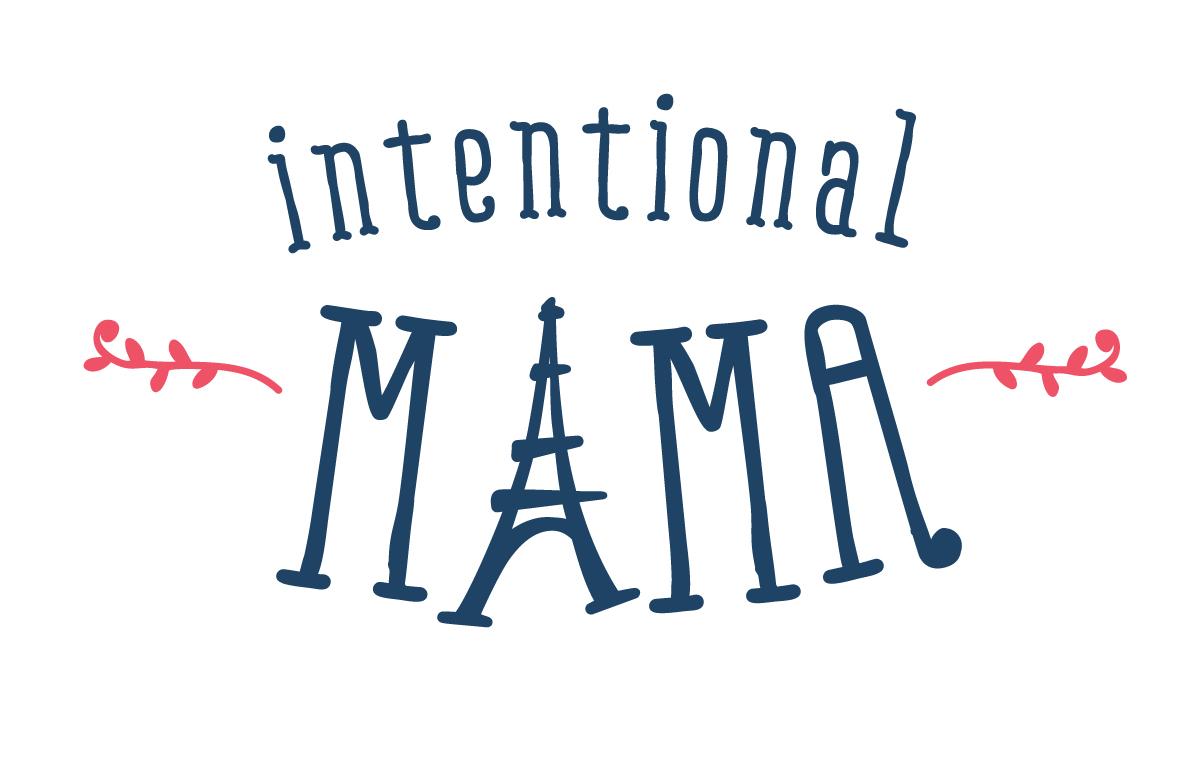Giving Children What They Want: Will We Ruin Them?
My daughter turns five this week, and a few friends have asked me for gift ideas. Though I remind them that gifts aren't necessary, I also share one or two of the items she's asked for over the past few months: a baby doll with a pacifier, Hello Kitty stick-on earrings, swim goggles, a two-wheeled scooter. I feel a little sheepish sharing such wishes--part of me is concerned that it makes her appear demanding, and another part of me fears that she might actually receive most or all of the items she wants. Surely that wouldn't be good for her character, right?
I've just started reading Alfie Kohn's The Myth of the Spoiled Child, so I'll get back to you soon on his opinion and reasoning. (The book won't be released until later this month, but as a benefit of being a blogger, I get to read it early for reviewing purposes--so stay tuned.) But my fears of spoiling my child dissipate as I think about these truths:
Wanting to meet our children's needs and desires is a natural parenting response. When talking to parents, Jesus said, "Who among you will give your child a stone if he asks for bread? Or give him a snake when he asks for fish? Of course not! So if you sinful people know how to give good gifts to your children, how much more will your heavenly Father give good gifts to those who ask him." (Matthew 7:9-10) Those were his words just before stating the golden rule: "Do to others whatever you would like them to do to you." It is the nature of parenting to desire to bring delight into our children's hearts and lives.
It's true that our children don't necessarily set their hearts on objects worth their cost, and they're certainly susceptible to marketing messages. The younger they are, the more they lack the insight and experience necessary to see beyond animated advertisements and vibrant packaging. As parents, we can help them set their sights on quality things by limiting their exposure to advertising, questioning them about what attracts them to their desired items, and sharing our concerns about poorly made products. It's better that they know up front, for example, that the Easy Bake Oven requires costly little packets for a few tea party-sized treats before they dream too long about making elaborate cakes for all the neighbors. Disappointments are inevitable and impermanent, but we all need others' insight when our expectations stray too far from reality.
Yet ultimately, spoiling a child requires much more than an abundance of things. If all it takes to ruin a child is a surplus of material goods, then the western world would have toppled long ago. A spoiled child is concerned only with his own wants and lacks appreciation for what he has. In contrast, well-meaning parents (and that's probably all of us) continually nudge our children to express gratitude. We model generosity and we offer experiences that enlarge our children's understanding of the economic inequalities in the world. And these steps move us all away from self-centeredness and closer to compassion.
So when this weekend arrives, I think it's okay if my daughter gets many of the things she's wishing for. I won't buy more than one or two of those items myself, but it's fine if our family and friends want to choose gifts that she's yearning for. After all, It's the family and friends tied to those gifts who give the objects meaning, and their loving presence over the course of her life will impact her far more than their kind presents.

